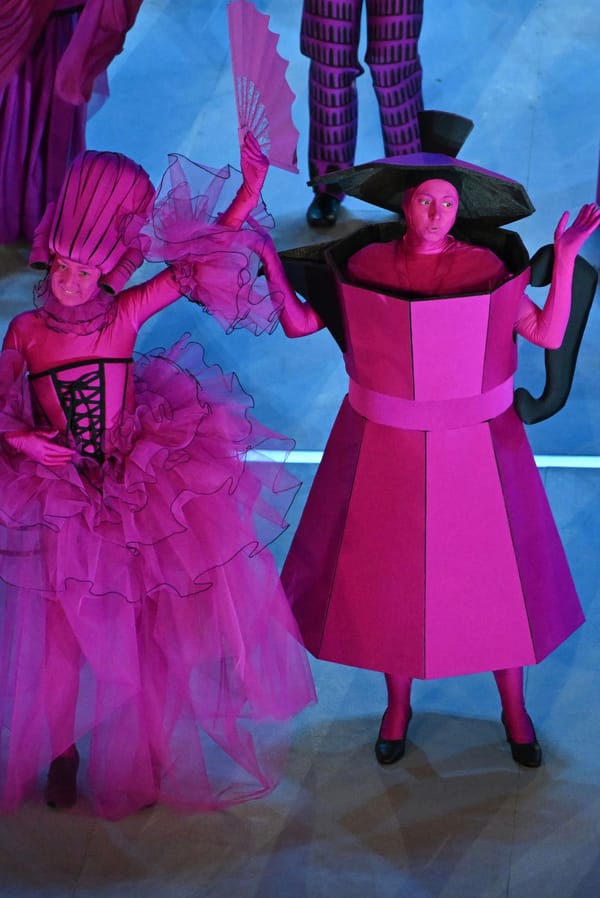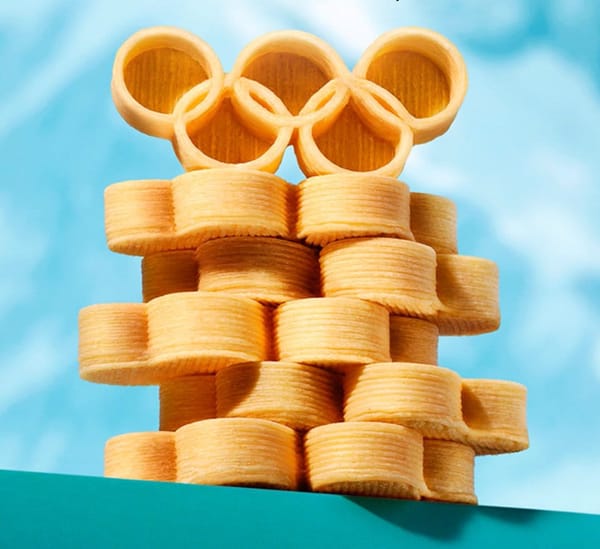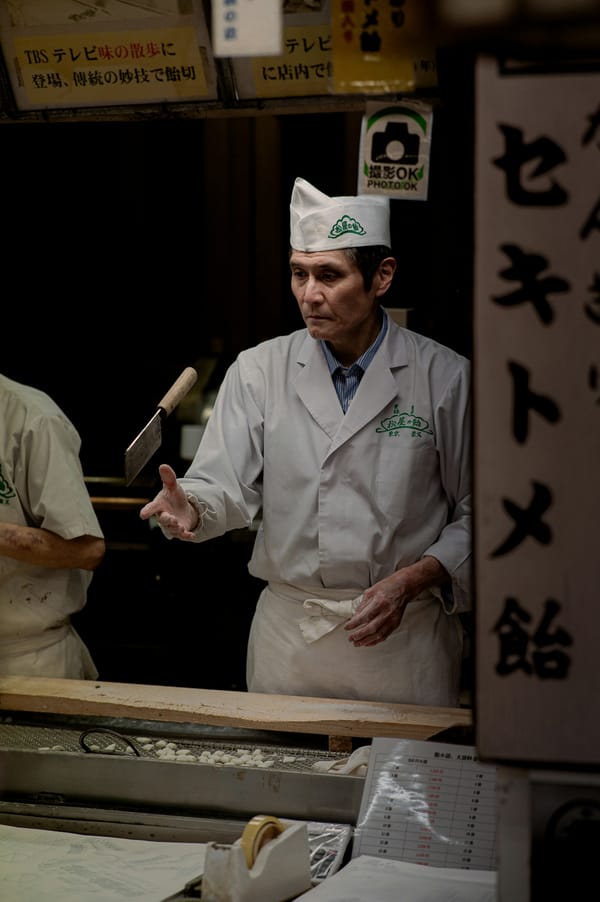Acorn Coffee and the Fluffy Eggs Trick 🍳
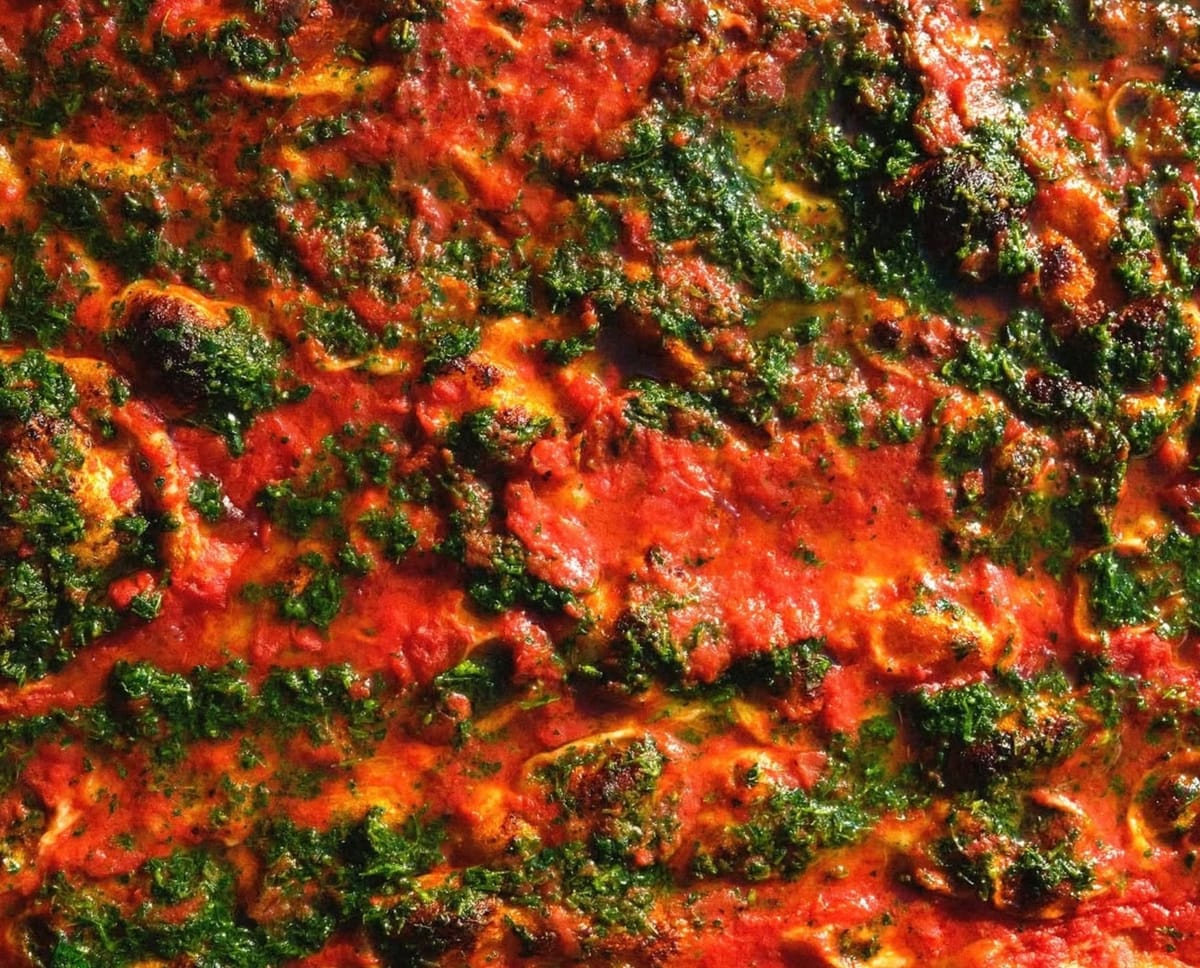
Welcome to Secret Breakfast / The best place to bake pumpkin Basque cheesecake and make sourdough gelato while living the last days of social media
Hi there!
The other day I was thrilled because a pizza place I loved in Rome opened in my city. Pizza it's still good, not the same, but it's still good enough. Yet something feels off.
The first problem is taste. When we eat something uprooted from its place of origin, the experience shifts. The flavor changes.
The second problem is price. Yes, the price is much higher, but I can accept financing an independent business for something good, once in a while.
What is bad is: when popular food crosses a threshold and becomes premium, it loses its nature. When something (edible) that unites rich and poor becomes an accessory for the status-wealthy, something has broken.
Don't you think so too?
Piero

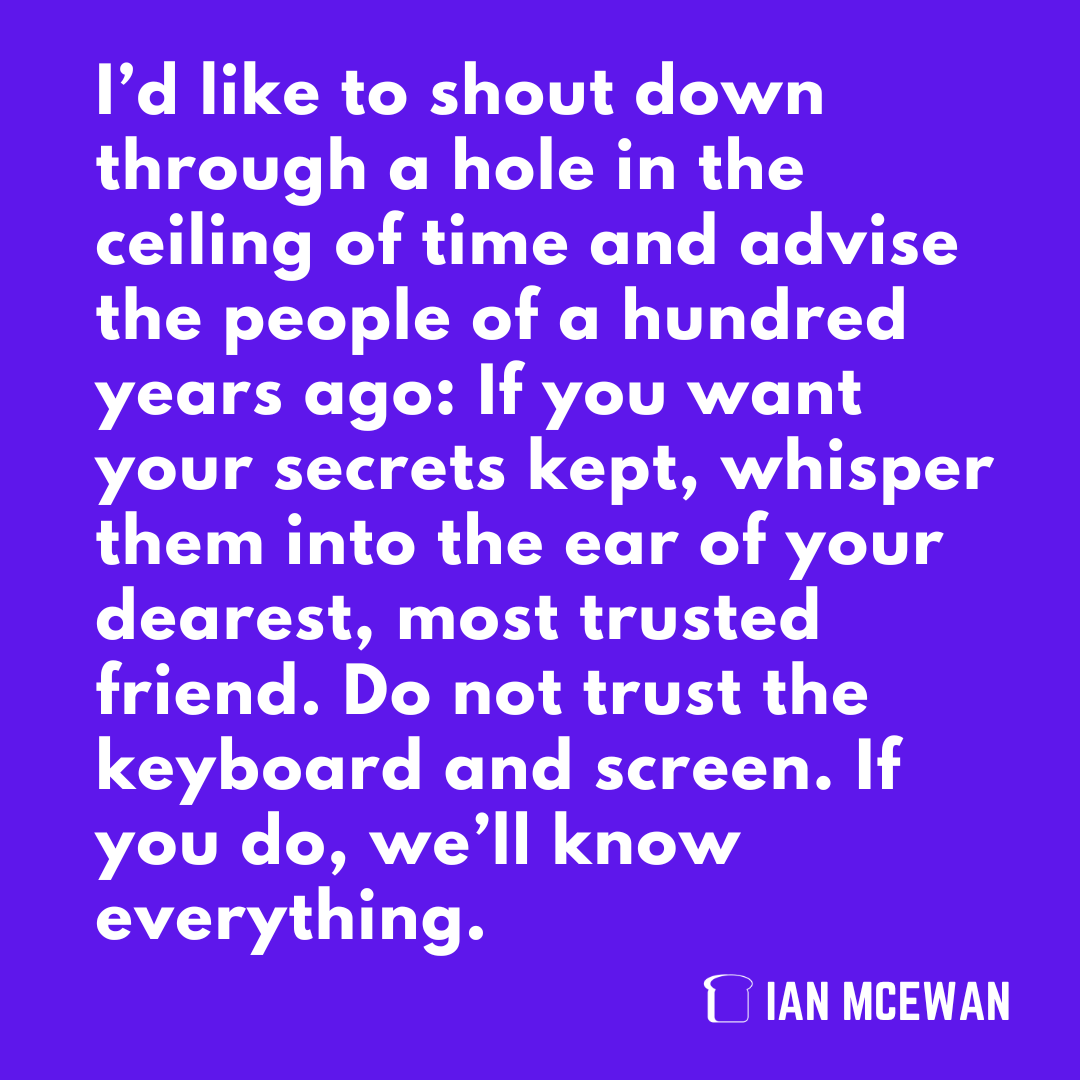
✹Ian McEwan, What We Can Know. Here's a message from the future of what could be the novel of the year. More on that, later on.


More NYC Deli for you
I've never been lovestruck by New York City. But I left my heart a few times at Russ and Daughters. Joel Russ turned a herring pushcart into a century-old Lower East Side institution that now spans four New York locations. The book offers insider stories, expert guides to appetizing staples like smoked fish and caviar, plus over 100 recipes for Jewish classics. It captures the spirit of a place where ordering lox is both family ritual and New York tradition.
Russ & Daughters: 100 years of appetizing by Niki Russ Federman & Josh Russ Tupper with Joshua David Stein
→ Shortplot: 🐟 🧅 🥔 🥯

The future of food is dystopian and boring

In his latest novel What We Can Know, Ian McEwan (9 min NPR's podcast) presents a 2119 Britain where people drink acorn coffee and eat unappetizing protein cakes made from "atmospheric carbon dioxide and cultivated soil bacteria".
(Protein stuff is a standard in dystopian literature).
Britain has shrunk into a series of small islands following decades of wars and ecological calamities, including a great flood known as the Inundation. People travel mostly by boat, bicycle and foot. America has been carved into dangerous territories controlled by rival warlords.
Yet universities survive, the internet still functions (maintained by Nigeria, now the world's economic powerhouse), and nature is beginning to thrive again.
Now, to the important part: the inhabitants of this future call our current period the Derangement, a time when everyone knew about climate change but failed to act.
The protagonist, a 22nd-century academic, looks back on our era with painful envy: rock concerts, pride marches, orchestras, cheese rolling competitions, people going 4 or 5,000 miles for a week's holiday. All lost.
McEwan shows us our present through the eyes of someone who never lived it and desperately longs for it.
Enjoy your time here, then!

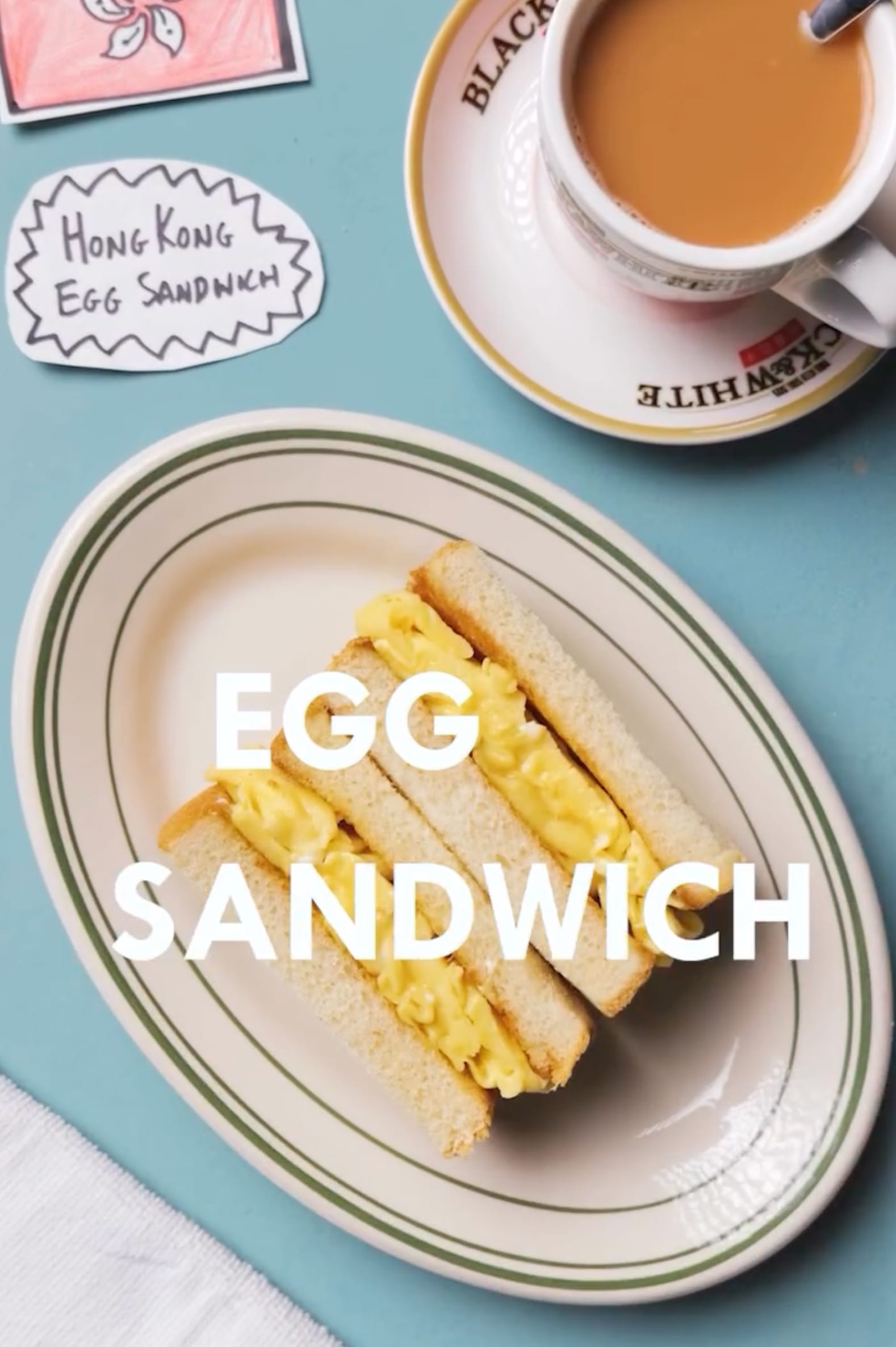

Sorry about the Instagram dump, it's been a hard week, uh (I know, I know: Captain, it's wednesday)
🍦Sourdough Gelato? Why not? (★recipe) ☕️Papparoti Coffee buns (★recipe) 💡Feuilletine is a crunchy secret of haute pâtisserie that makes your desserts irresistible 🎃Roasted Pumpkin Basque cheesecake (★recipe) 🌽Sweet Corn Puff Pastry Tarts (★recipe) 🏴Digestive Biscuits, but better than the industrial made (★recipe) 🤓You know what? I'm testing a new flavor of Linux (Omarchy) and trying again my way on Vim (I'm gonna fail again)

The Last Days Of Social Media
James O'Sullivan / Noema
Food isn't mentioned anywhere in the piece—no cooking, recipes, or culinary references appear. This essay dissects how social media has devolved into an AI-infested wasteland where bots outnumber humans and authentic connection has been replaced by algorithmic slop—yet it maps out concrete alternatives like federated platforms, algorithmic choice, and civic governance. Worth reading because it diagnoses the death of social media while providing a blueprint for what comes next. And it's about connection, and food IS connection.


